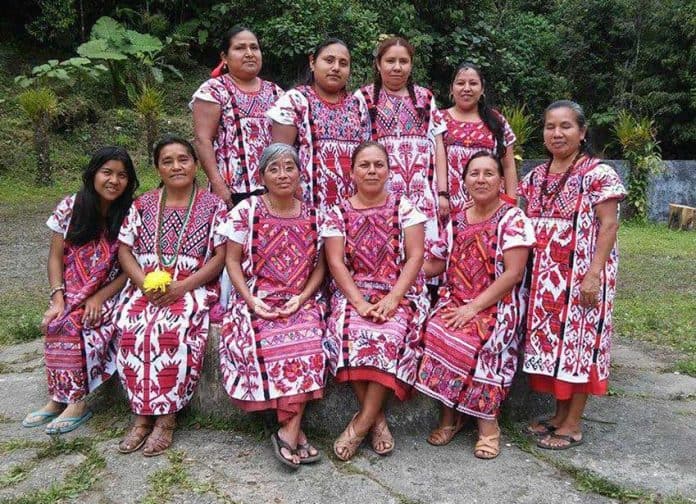The Chinantec town of Rancho Grande in Oaxaca is the latest addition to a list of Indigenous Paradise communities whose purpose is to promote tourism and economic development.
The Paraíso Indígena designation, granted by the National Commission for the Development of Indigenous Peoples (CDI), will give Rancho Grande access to national tourism fairs, online promotion and funding to improve tourist infrastructure. Locals will also receive training to improve their customer service skills.
Located about 70 kilometers north of the city of Tuxtepec in San Juan Bautista Valle Nacional, the town has become a focal point for ecological tourism. During the high season, figures show that some 100 visitors arrive every month in this community of about 200.
With the Paraíso Indígena designation, the visitor numbers are expected to grow.
But visitors looking for a hotel room will be out of luck. The only accommodation available is with the 30 families that have prepared a room in their homes to receive guests.
Rancho Grande is located at 840 meters above sea level, but tourists can climb to a lookout point that is 1,200 meters high from which the reservoir of the Cerro de Oro dam in Tuxtepec can be seen.
Coffee growers offer tours of their plantations, where they grow a brand of arabica coffee called café ñeey, while local women open the doors of their workshops where they design and sell their huipiles.
Rancho Grande is the first town in the Papaloapan basin to receive the Paraíso Indígena designation, although Oaxaca, one of the states with the largest ethnic diversity in Mexico, has 19 other towns so designated in the Valles Centrales, Sierra Sur, Mixteca and coast regions.
Rancho Grande has been under consideration for the designation since 2009, when it presented an ecotourism project proposal. The CDI has provided the town with funds ever since, some of which helped open a restaurant.
The Paraísos Indígenas designation was created in 2015, and is granted to towns with high natural, cultural and historical values preserved by the community.
Source: El Universal (sp)
